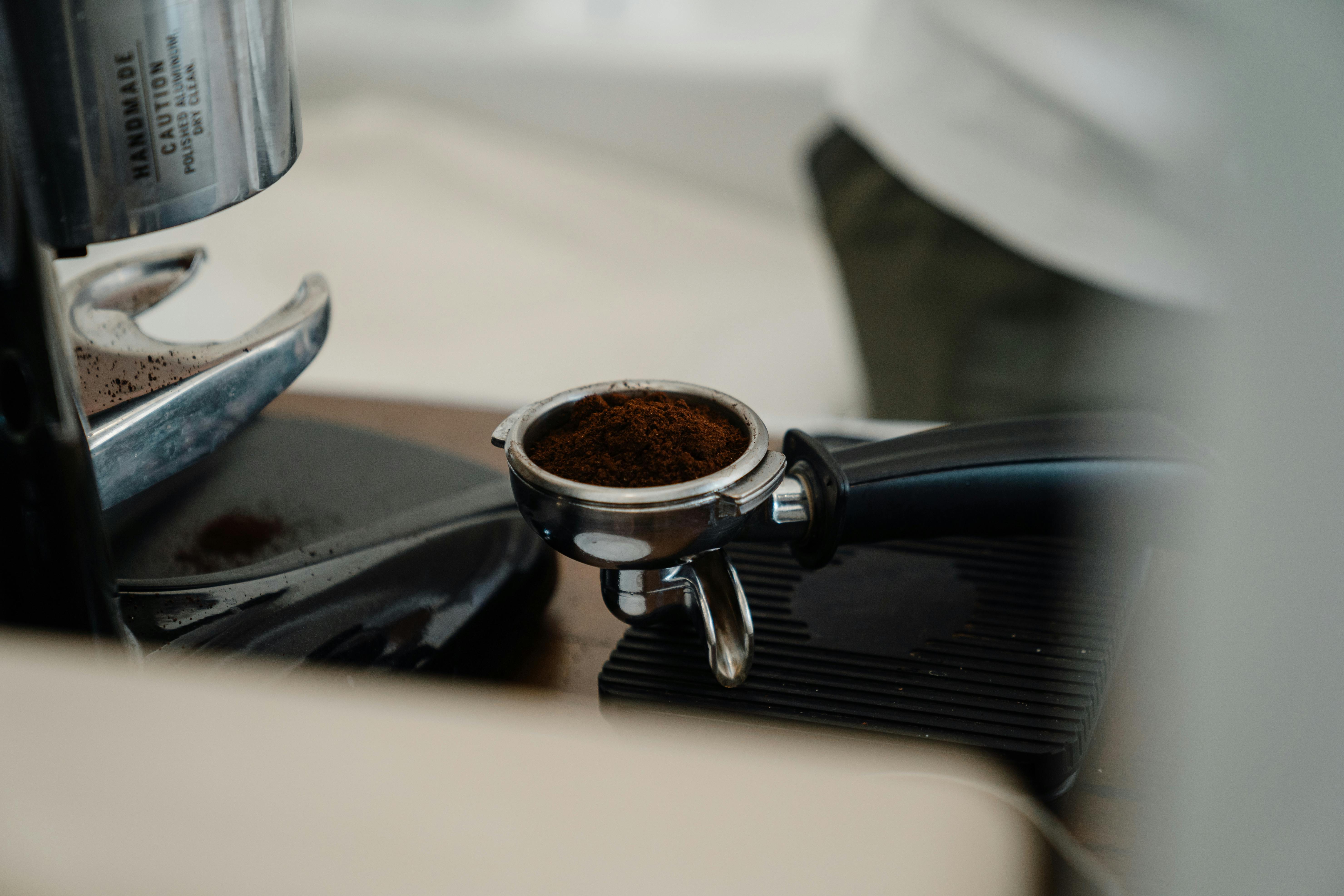Horse hemorrhoids
It sounds like a strange question, but can horses get hemorrhoids? The answer is yes, surprisingly, although thankfully it is quite rare. Horses do not usually survive what we consider constipation, so a horse with enough gastrointestinal problems to suffer from hemorrhoids often does not live long enough to contract them. However, if a horse has diarrhea or some other condition that affects circulation or causes straining, hemorrhoids can appear. On the positive side, if your horse has hemorrhoids, it is not a serious condition and usually resolves without incident once treated by a veterinarian.
Hemorrhoids are very painful for horses, which means that the first thing you will probably notice are all the typical symptoms of pain in horses. These include a dull look in the eyes, raised hind hooves under the belly, and a distinct lack of interest in their surroundings. Your horse may also display an unusually irritable demeanor, especially if forced to do something. More specific symptoms include rubbing the tail or rump against any practical surface, unusual gait or gait patterns, pinching of one’s sides, or blood in the stool. Horses in pain often develop secondary problems fairly quickly, so you need to address the pain as soon as possible. Your vet can give you the right pain medication. Note that phenylbutazone, also known as “Bute”, is not appropriate for horses with hemorrhoids. Bute can cause stomach problems, which is really the last thing your horse needs.
Equine hemorrhoid treatment must be comprehensive. Any and all causes that you can control need to be addressed to resolve your horse’s hemorrhoids and keep them at bay. The causes that you cannot control are genetic predisposition, lack of exercise due to age or recovery, pregnancy and childbirth. On the positive side, pregnant or farrowing mares that have hemorrhoids will often heal them quickly after the foal is born. Causes you can control include food quality, water availability, exercise for normal horses, and stress. On a side note, horses that are overly stressed or anxious will often develop diarrhea, which can lead to hemorrhoids. Always remember that it is up to you to manage your environment.
Treating your horse’s hemorrhoids is usually pretty easy, although it’s not always very fun. After getting a definitive diagnosis from your vet, he may give you ointments or suppositories to apply the hemorrhoids. If your horse has external hemorrhoids, you will probably have to deal with ointments. Suppositories are generally used for internal hemorrhoids. Either way, you have to apply the material without getting kicked. Your vet is the best person to ask how to do this before you leave. No matter which one you are using, you will have to keep your horse away from other horses. Horses are not human and have no human taboos, so a horse will lick off ointment or suppository residue if it smells interesting enough. This, of course, can make another horse sick, so you’ll want to avoid it. If all else fails, your horse may need to undergo surgery under total anesthesia. Of course, that is a decision between you and your vet.
No matter how your horse is treated, you will want to take the basic steps to avoid hemorrhoids in the future. Always keep high quality hay and water available for your horse. Make sure your horse gets enough exercise every day. Horses that live too long in stables develop a wide variety of health and mental problems, so this is vital no matter what. With a little work and luck, your horse shouldn’t get hemorrhoids again.
